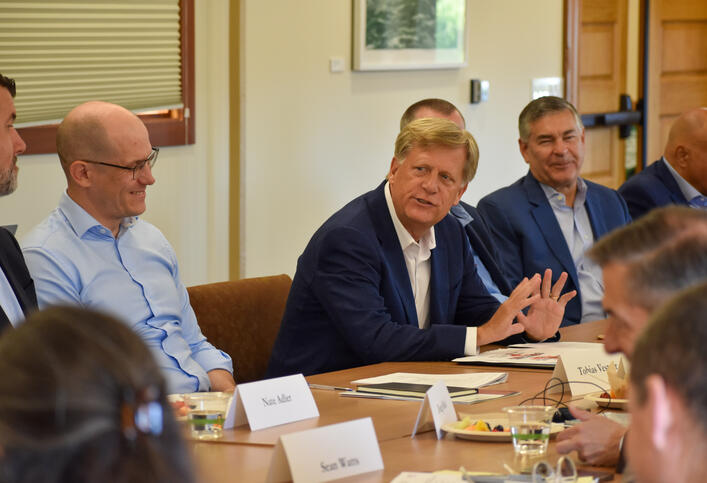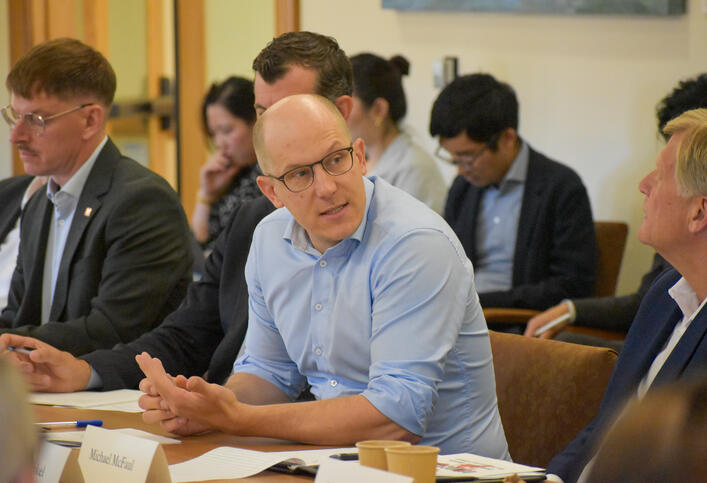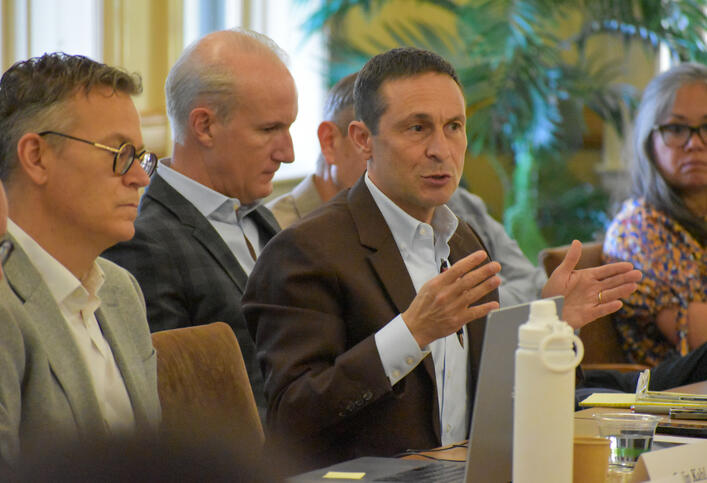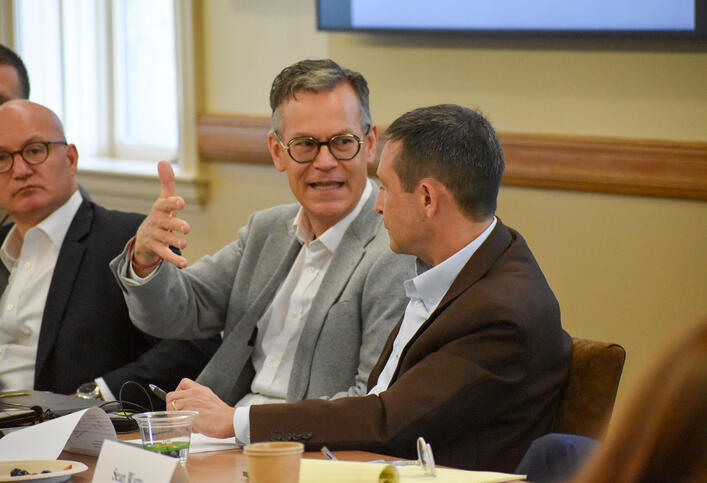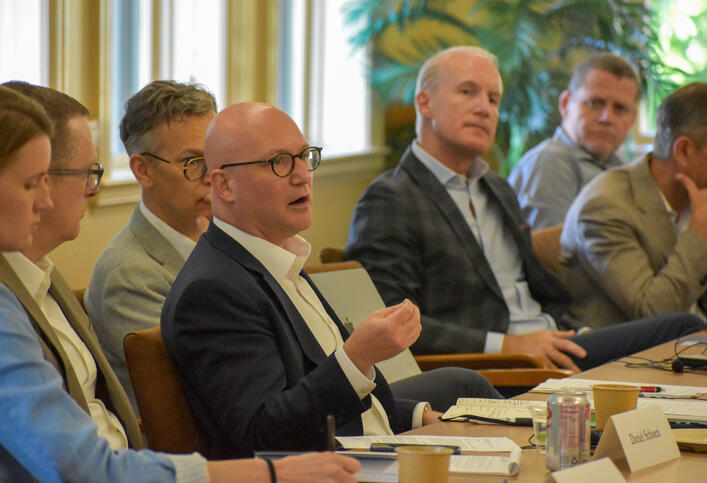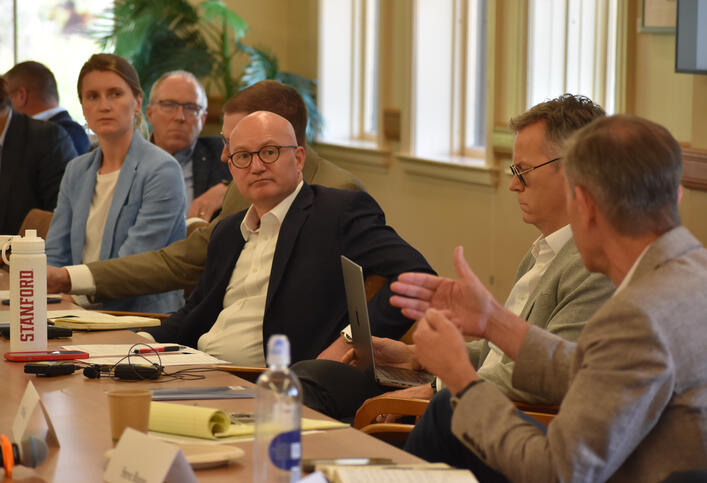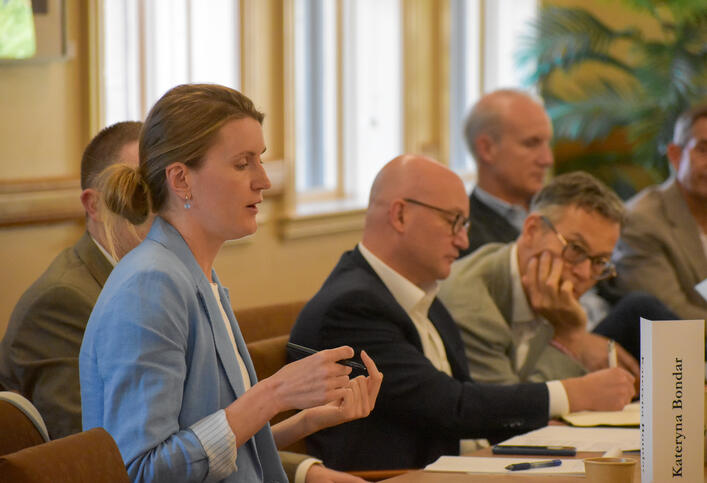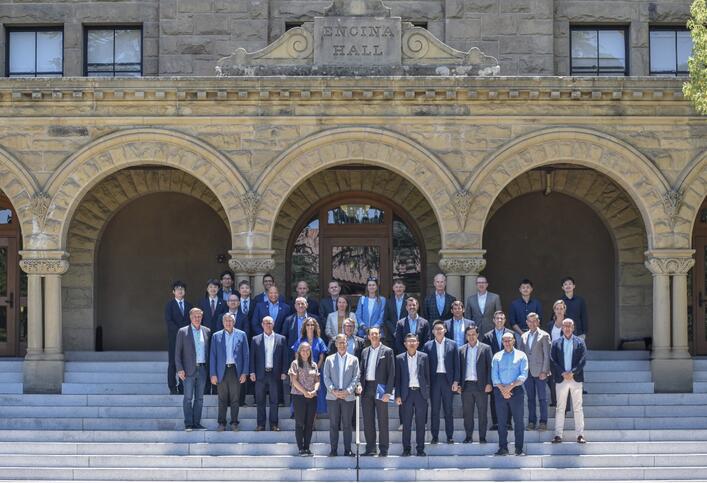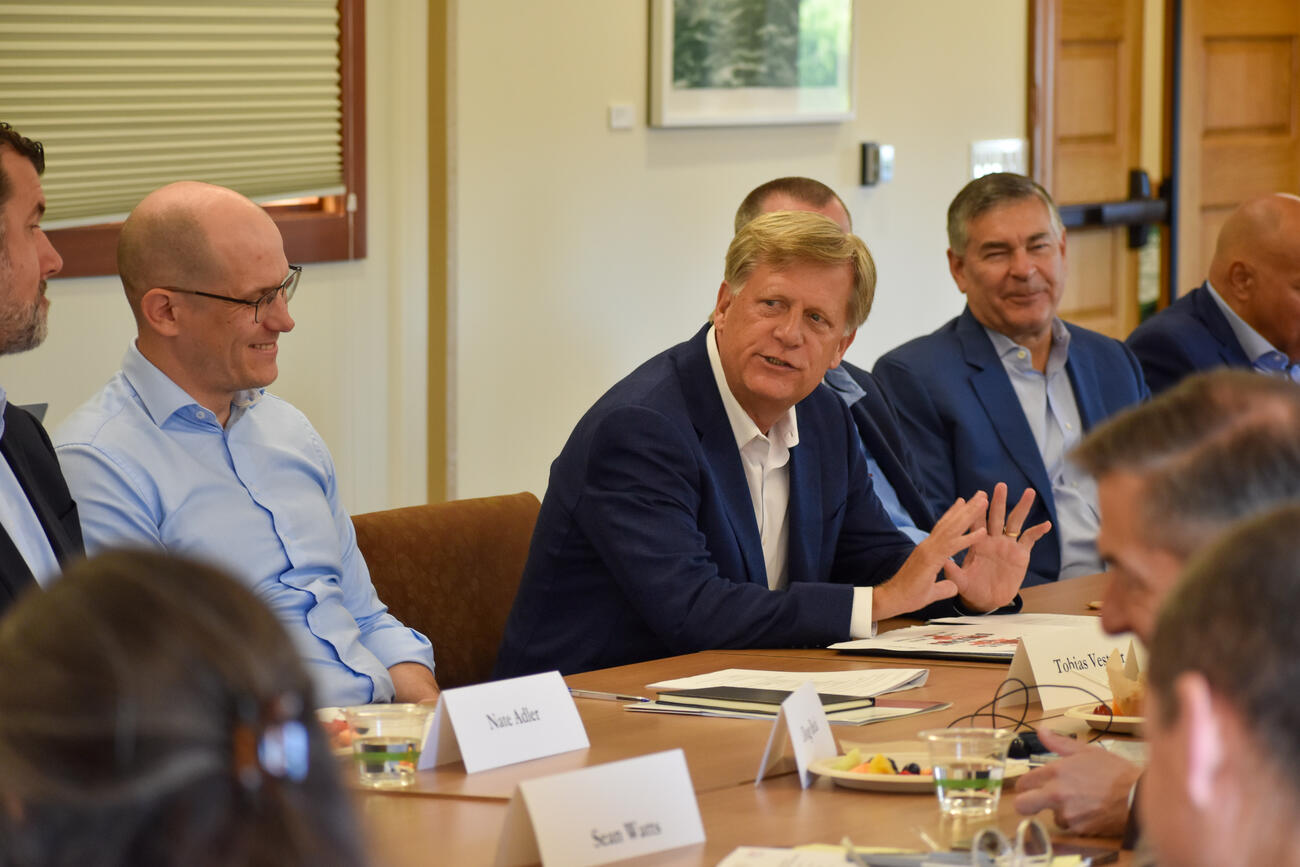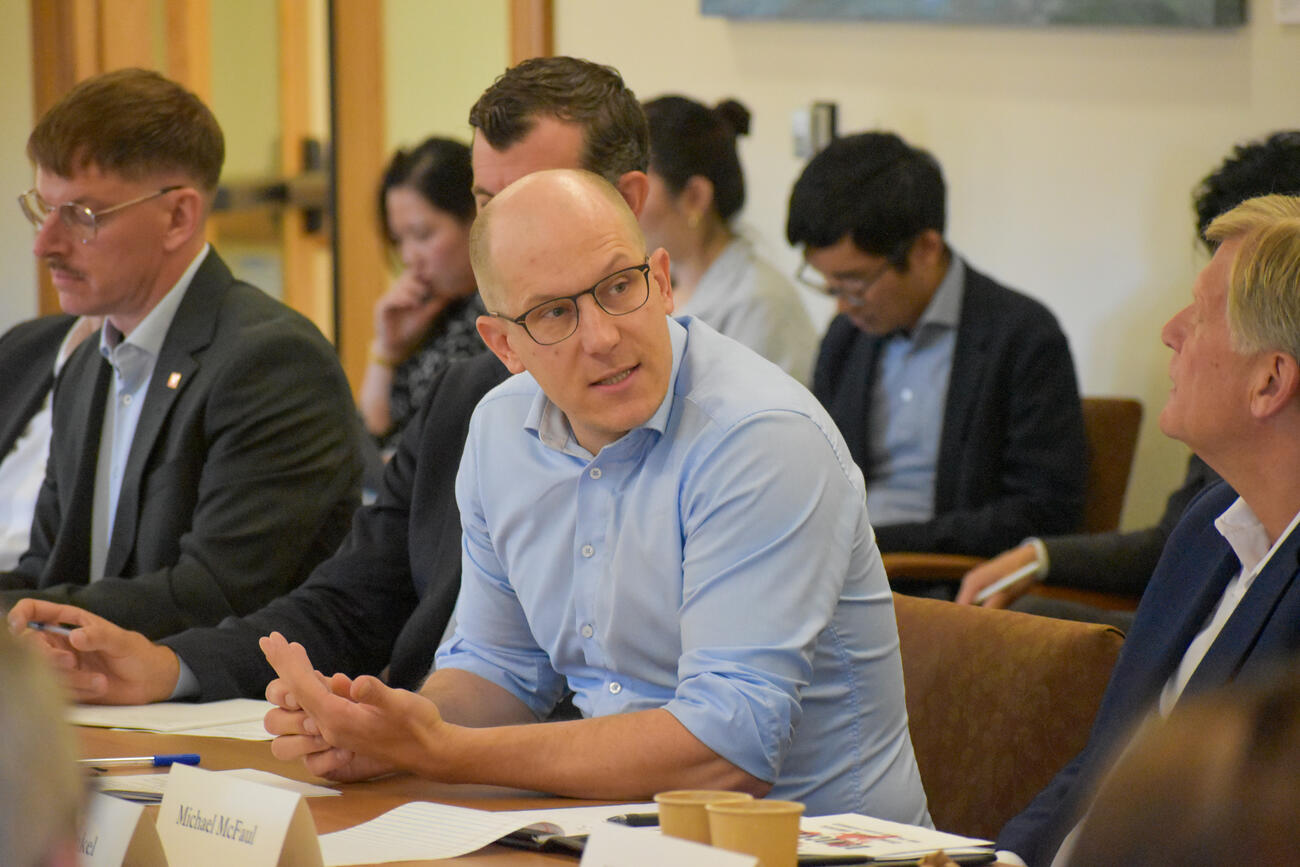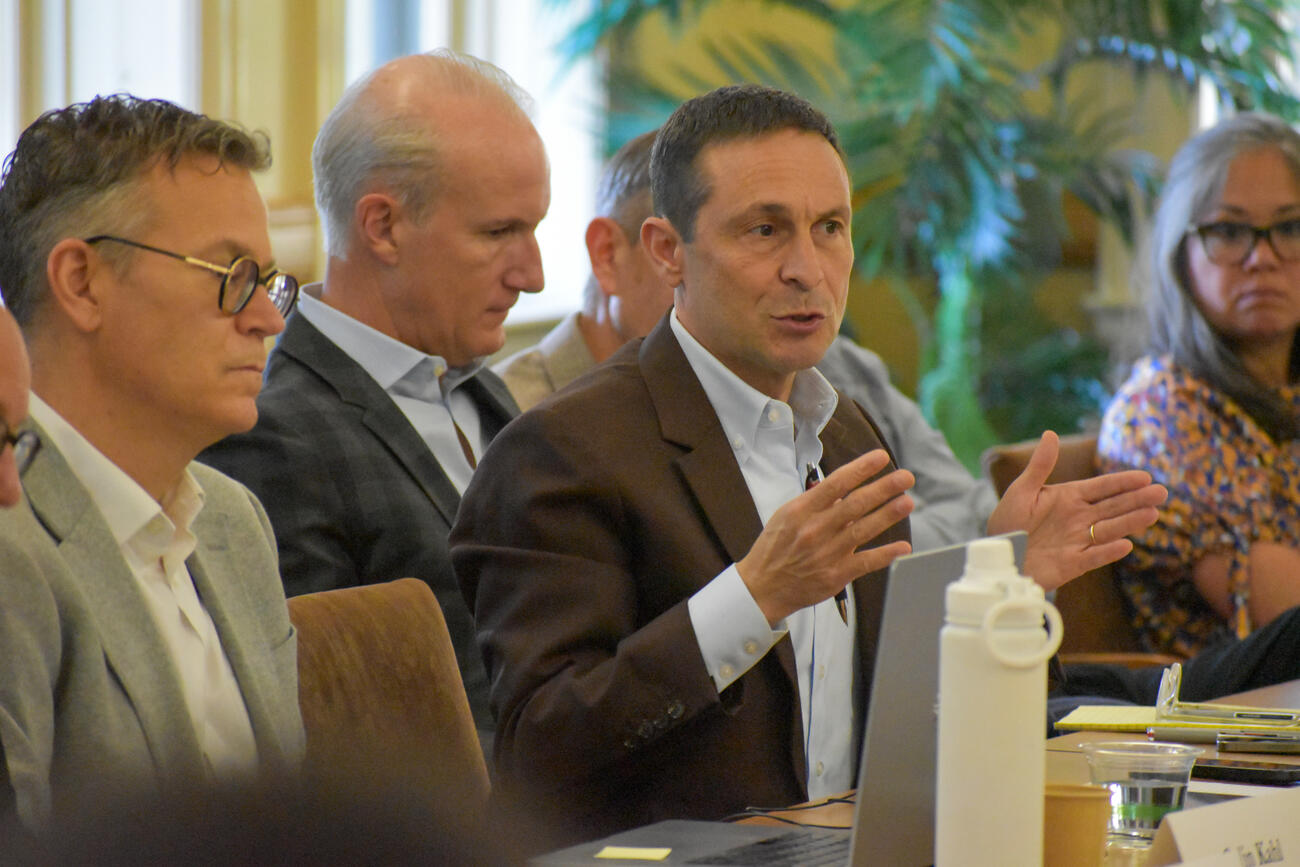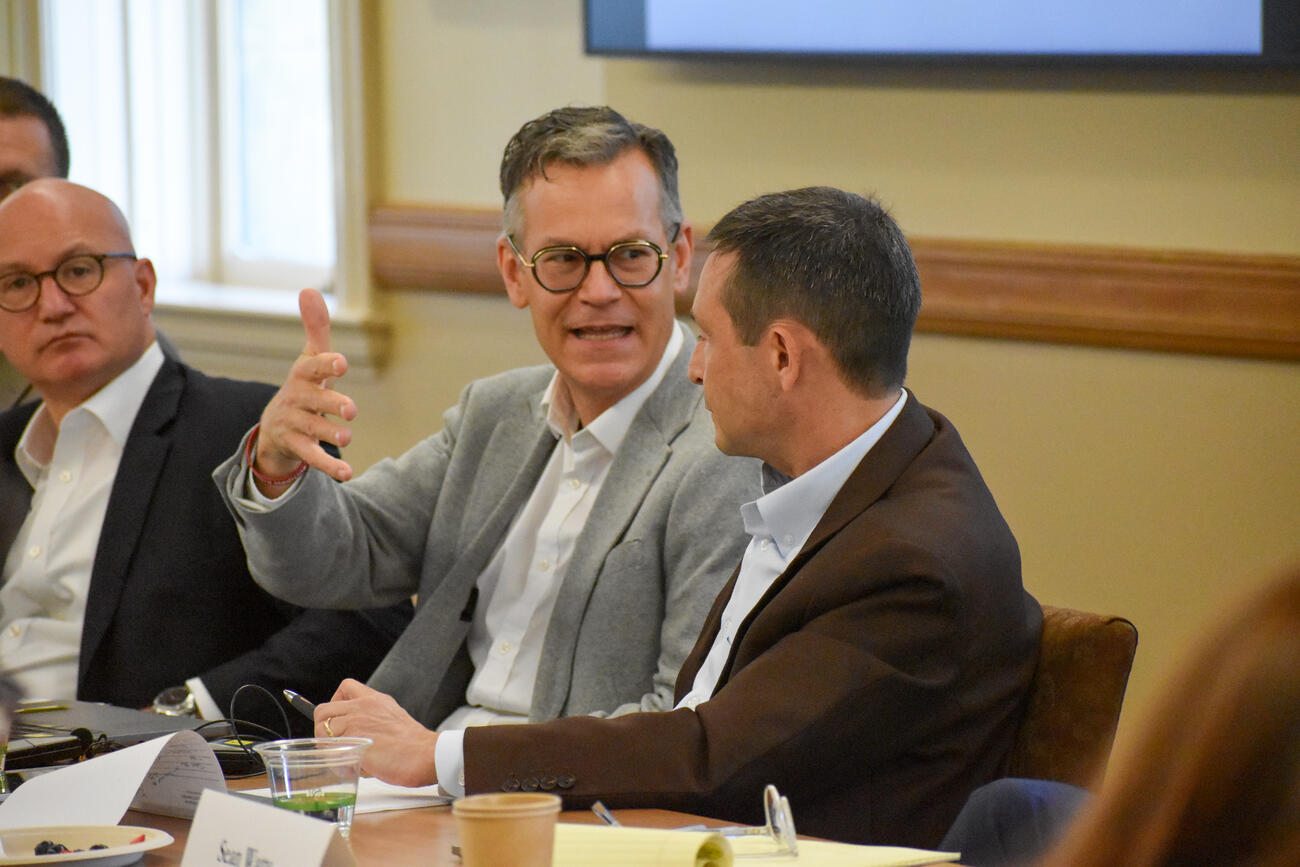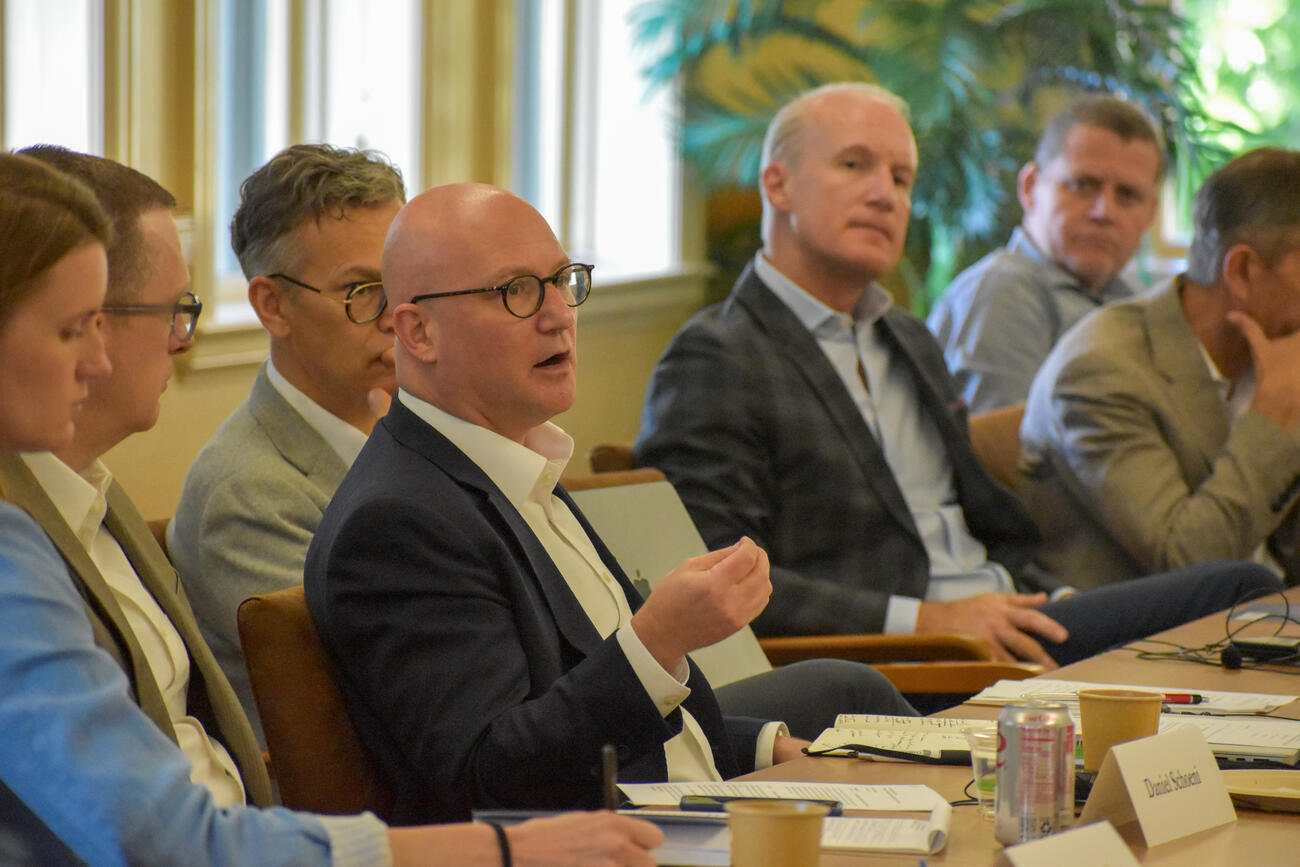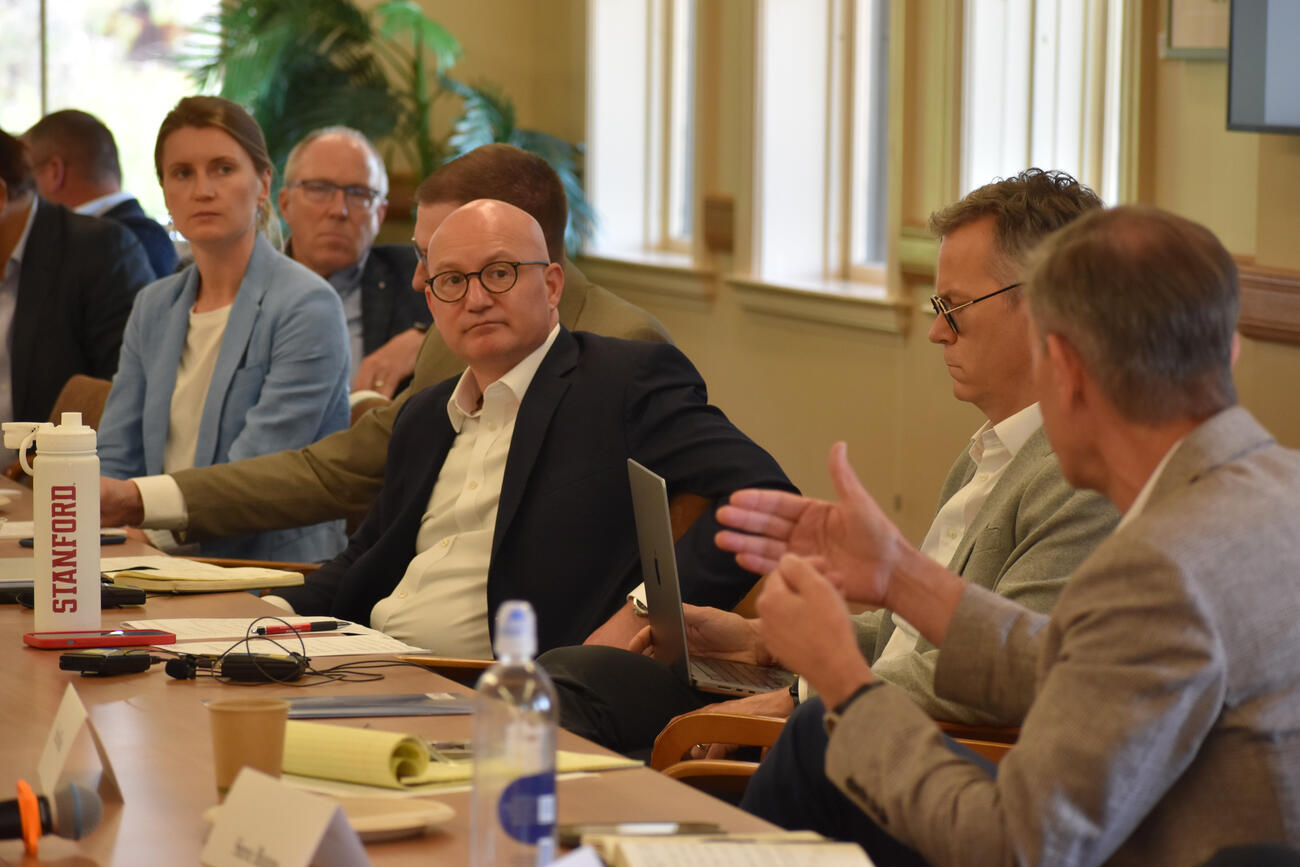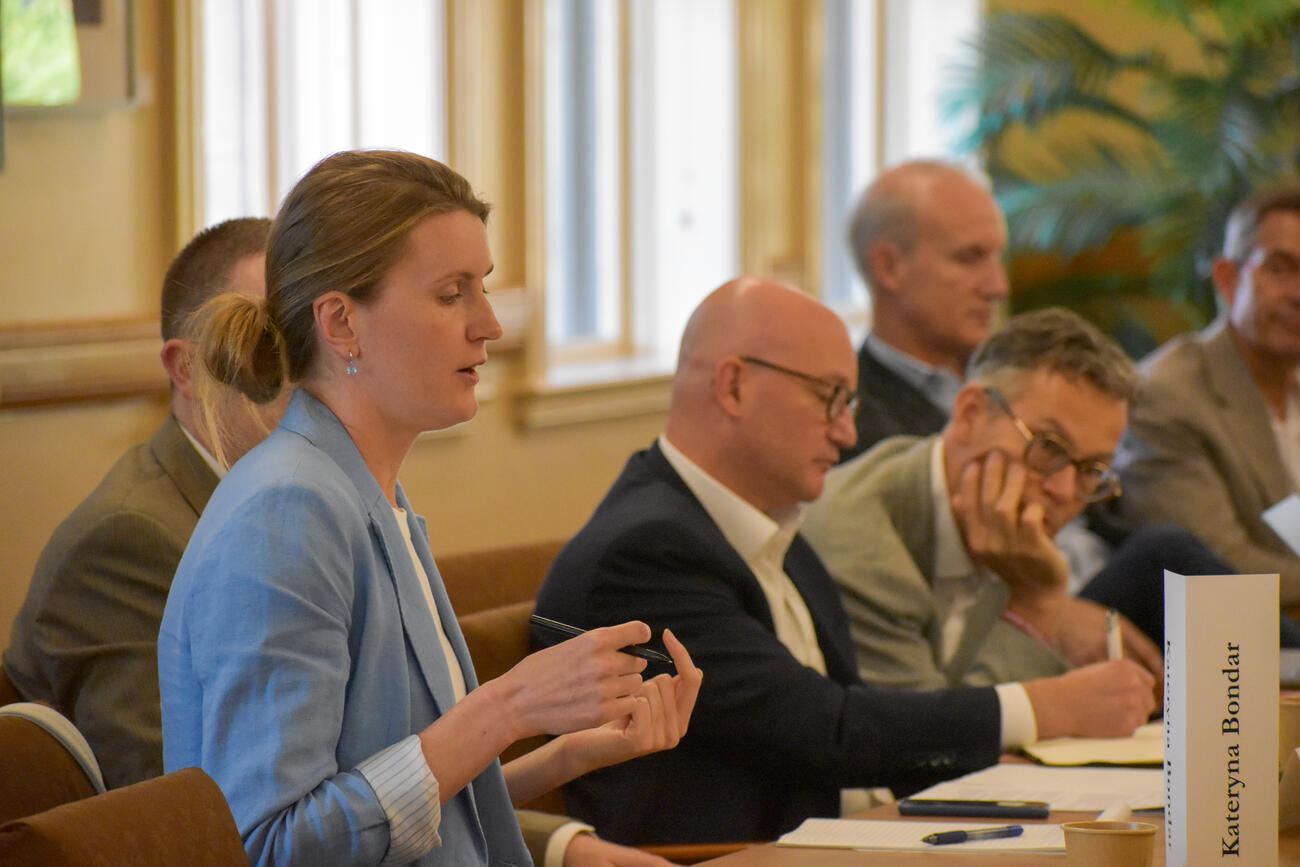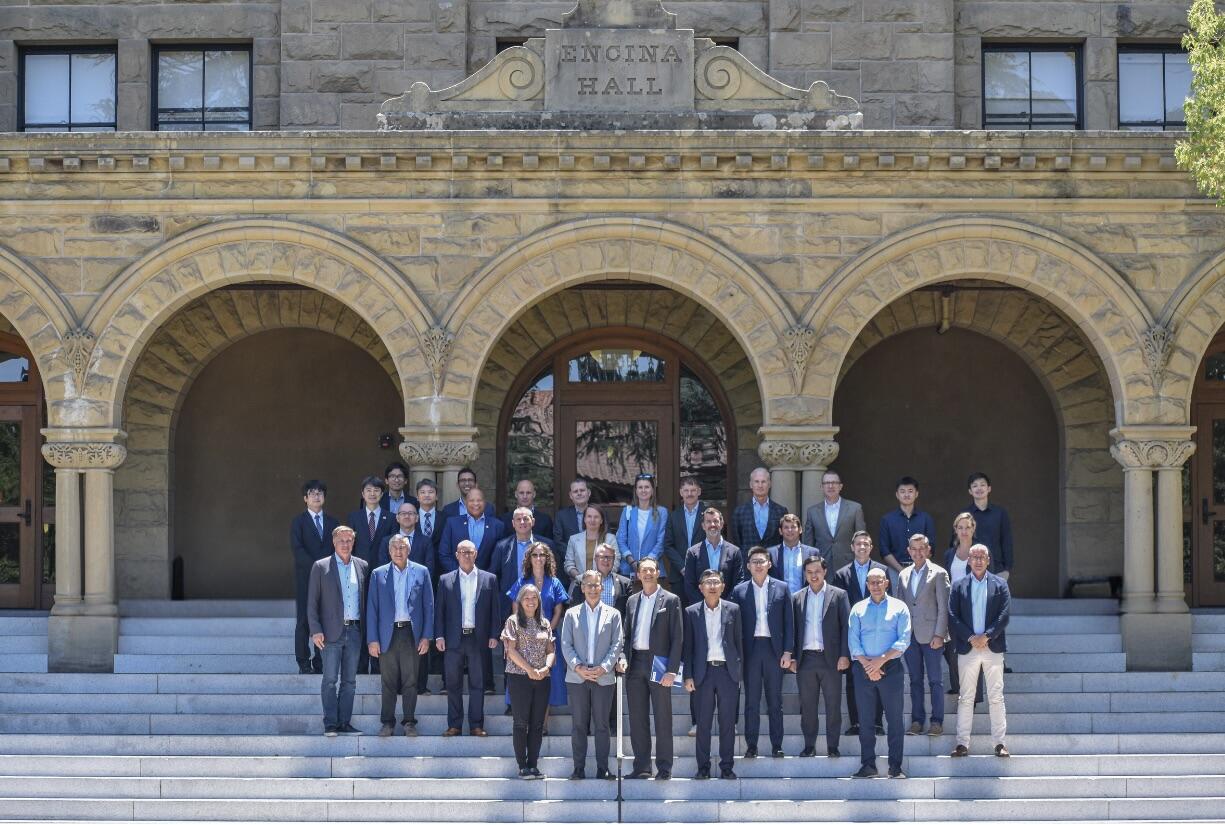Event Recap: Advancing Defense Innovation: Challenges and Responses in the Wake of the Russo-Ukrainian War
Event Recap: Advancing Defense Innovation: Challenges and Responses in the Wake of the Russo-Ukrainian War
Russia’s unprovoked invasion of Ukraine has been a wake-up call for many countries around the world, demonstrating the imperative of rapid innovation in the defense sector. The war and related international efforts to surge security assistance to Ukraine have revealed the inadequacy of the traditional defense industrial base across many nations for addressing the intensity of modern warfare. The conflict has also highlighted the necessity of rapidly integrating commercial dual-use capabilities into the armed forces if states hope to keep pace with emerging threats.
Such developments necessitate further reflections on ways in which countries can improve their defense innovation in the face of growing geopolitical threats. Despite many ideas on how to strengthen defense innovation, many governments continue to struggle to adapt structures and implement new processes. No two countries are the same, and no country has all the answers. But similarities provide opportunities to share lessons learned and forge a common way forward.
On June 23rd and 24th, Colin Kahl and Tobias Vestner organized an expert workshop entitled “Advancing Defense Innovation: Challenges and Responses in the Wake of the Russo-Ukrainian War” hosted at Stanford University’s Center for International Security and Cooperation (CISAC) to have an open dialogue with scholars who specialize on defense innovation and military transformation as well as directors of defense innovation units and equivalent organizations of eight countries for informal closed-door roundtable discussions. Stanford University’s Michael McFaul, Herbert Lin, Nathan Adler, Joe Felter, and Arzan Tarapore contributed valuable insights to the discussions.
The workshop identified how countries can implement new ideas and processes to improve the integration of emerging technologies (including dual-use commercial technologies) into their armed forces. This included an assessment of how different states have adapted in the wake of Russia's invasion of Ukraine, what factors drove defense innovation, and how governments and other relevant actors have overcome intrinsic challenges to innovation. Particular attention was given to the nexus between policy, law, and innovation. Workshop participants also visited the U.S. Defense Innovation Unit and engaged with Silicon Valley companies.

